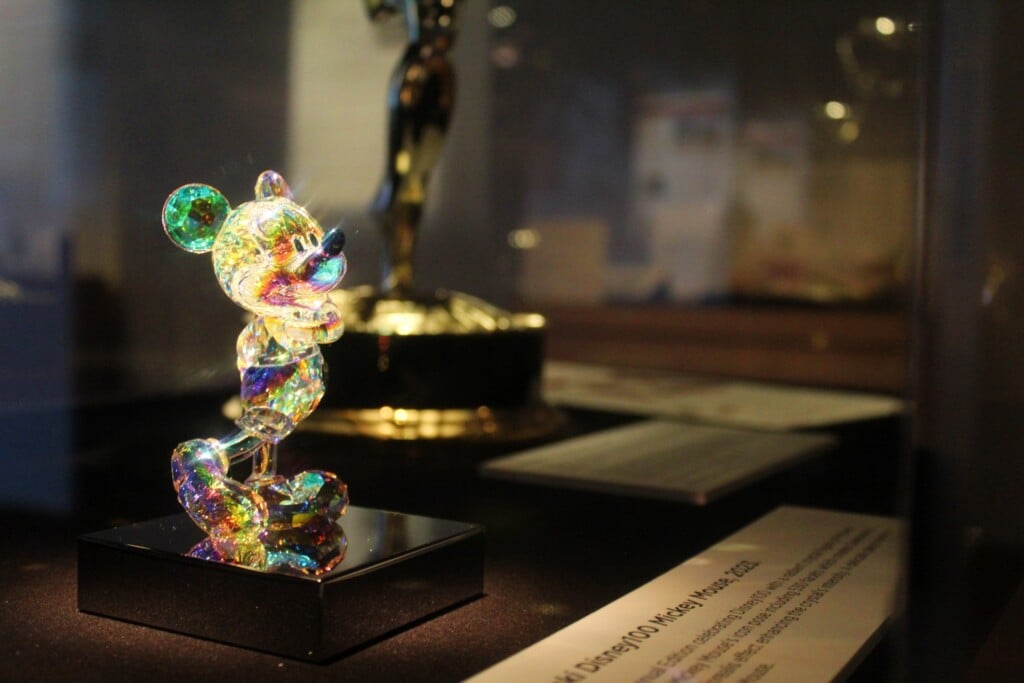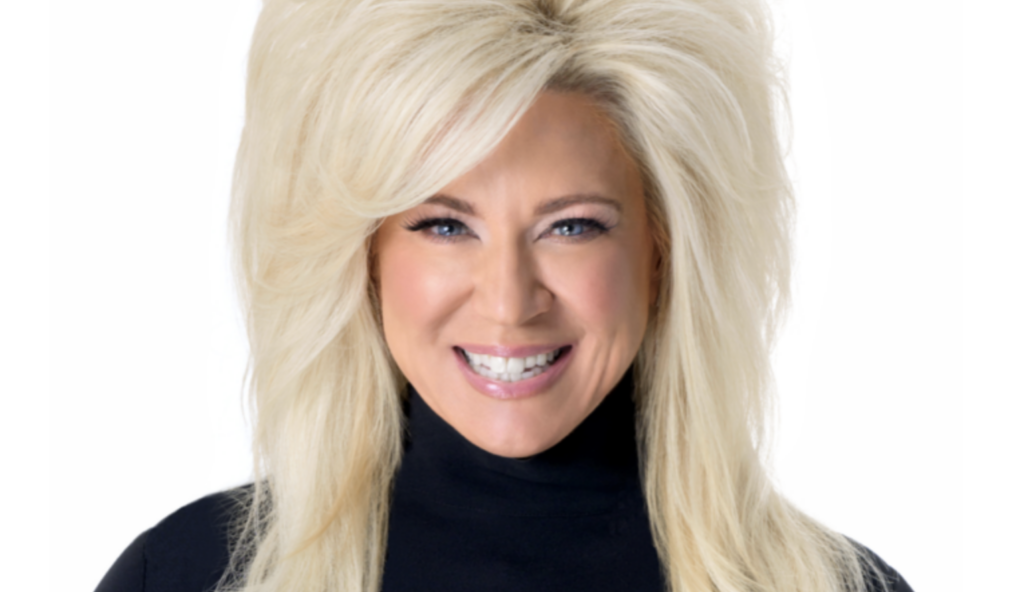Native Sons
In the wake of New York City Mayor Rudy Guiliani’s plea to get back to normal, Kansas City boys Paul Rudd, Arliss Howard, Don Richard, Joel Carlton and Brian Barnhart are doing their parts to bring the Big Apple’s residents and diminished number of visitors to the theater. The men have been performing, or are getting ready to perform, the simplest of tasks in complex times: giving audiences, at least for a couple of hours, the opportunity to forget life during wartime.
At the Promenade Theatre uptown is The Shape of Things, the astonishing new play from In the Company of Men director/writer and University of Kansas alumnus Neil LaBute. From the opening sentence — “You’ve crossed over the line” — LaBute explores the fluctuating boundaries of the heated relationship between Adam, a nerdy museum security guard movingly portrayed by Paul Rudd, and Evelyn, an outrageous art student played to icy perfection by Rachel Weisz. To the chagrin of Adam’s best friends, Jenny (Gretchen Mol) and Philip (Frederick Weller), Evelyn’s talonlike grip on their friend is deep indeed.
Their affair is only Adam’s third, and as it intensifies, he begins to alter himself in superficial and more mysterious ways. He ditches his eyeglasses for contacts and drops 25 pounds, while his wardrobe changes from thrift store to Tommy Hilfiger. The loosening of his sexual inhibitions enlivens him, but Evelyn just seems coolly bemused. When the couple shows up at a plastic surgeon’s office, the ease with which people distort themselves to satisfy a lover’s whims becomes a rank reality. The real shape of things, revealed at the end of the intermissionless two-hour-and-twenty-minute play, is painful and grotesque, due in no small way to Weisz’s chilling portrait of a passive-aggressive ringmaster and Rudd’s utlimately heartbreaking Adam.
Ear-splitting Smashing Pumpkins music accompanies the beginning and end of each scene. One such moment involves the intro to “Bullet With Butterfly Wings,” where Billy Corgan sings The world is a vampire while the spotlight shines on Weisz’s stoic face. That’s just one example of LaBute’s intensely focused writing and direction: Corgan’s tortured vocals infuse the show with a white-hot stamp of unease.
Arliss Howard, meanwhile, embodies his own brand of discomfort at the Signature Theatre Company.
When Howard worked at the Unicorn Theatre in its early days (in such shows as David Mamet’s American Buffalo), he was prone to playing certain types, remembers Unicorn artistic director Cynthia Levin. “If you needed a brooding young man, Arliss was your guy,” she says. Twenty years later, after prominent parts in the films Men Don’t Leave and Stanley Kubrick’s Full Metal Jacket, Howard has landed a starring role in Sam Shepard’s new play, The Late Henry Moss.
Howard plays Earl to Ethan Hawke’s Ray, the two sons of the title character who, as the play opens, lies cold and inert under an Indian blanket at stage left. They’ve arrived in their father’s New Mexico town to piece together the jigsaw puzzle that was his last day. As Shepard characters are wont to do, the brothers drink a lot (like father, like sons) and test each others’ nerves as they confront new pieces of the puzzle: a slimy cab driver (the excellent Clark Middleton) who drove their father to a fishing hole on the day of his death, a neighborly Latino who kept him sated with soup and chili, and a sensuous earth-mother type who shared his bed.
Earl and Ray haven’t exactly been in close contact; neither knows whether the other has a family of his own. But they are bound in their grim yet darkly humorous task. Howard and Hawke are well-matched as the arrogant older brother and the younger upstart who must have been taunted mercilessly growing up. Ray has the upper hand at this juncture, though, and he keeps reminding Earl that he knows what Earl did to contribute to the mysterious death. But by the end of the brutal, physically demanding show, the details of Henry Moss’ demise remain almost as sketchy as they were at the beginning; Shepard draws more hints than definitive clues. That doesn’t take away from what might be his best play in years.
Elsewhere, Don Richard is understudying two principal roles in the Fringe Festival-entry-turned-mainstream-hit Urinetown at the Henry Miller Theatre. And Joel Carlton is in the last month of his Forbidden Broadway 2001: A Spoof Odyssey gig. Former Kansas Citian Becky Barta goes back to the show soon, and she’ll share the stage with Carlton for two weeks as they lampoon the state of Broadway and its unyielding egos. Carlton says he only gets back to Kansas City about once a year, yet he stays in touch enough to know when the Pitch‘s “Best of Kansas City” issue is on the street in his hometown.
Brian Barnhart, best remembered for his Drama Desk-winning performance in the Unicorn’s Angels in America, is appearing in Listen Houdini in Greenwich Village. It is another Axis Theater Company production for Barnhart, who shared the stage with Deborah Harry last year in a previous Axis show. Barnhart lives on the northern tip of Manhattan and, when the wind blows from the south, he can still smell the pungent odor of burnt plastic emanating from the World Trade Center site when he walks from the Christopher Street subway station to his Sheridan Square theater.




